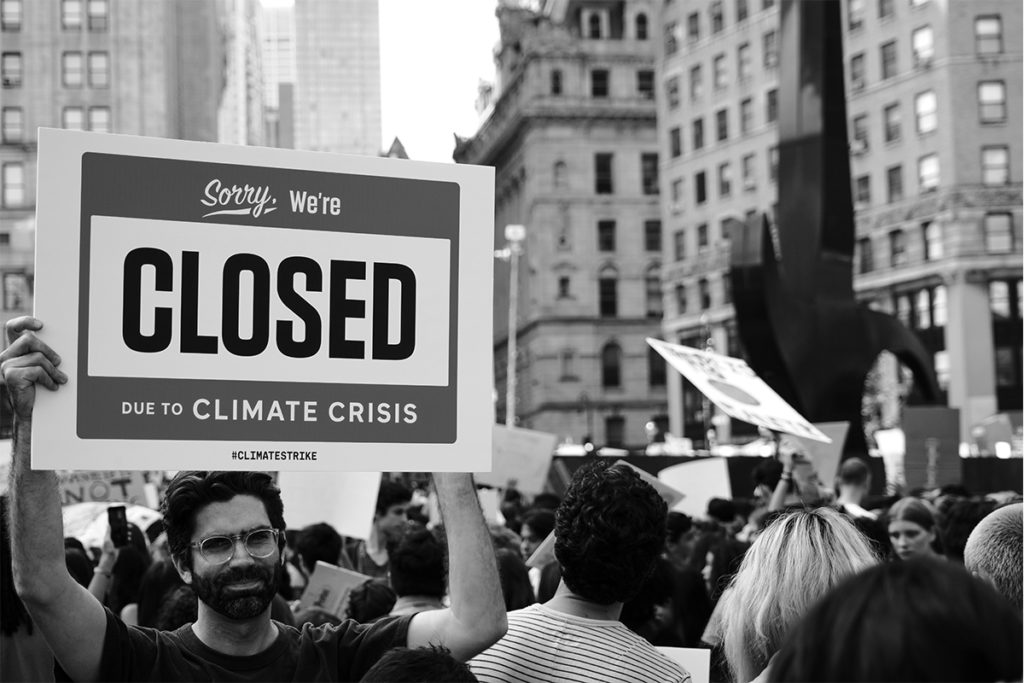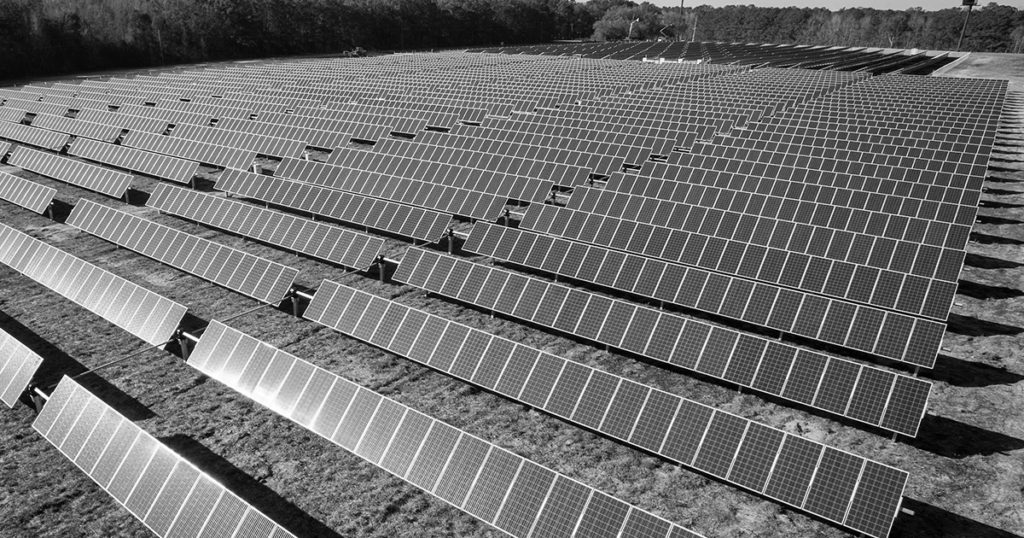By Aswini Sivaraman, Manager, Social Media & Analytics

With a global climate strike coming up on September 25, 2020, let’s have a quick recap of what last year’s event looked like. In September 2019, the world’s largest climate strike in history took place across the globe. Over 4 million people, inspired by Greta Thunberg and youth like her, marched in support of climate action and justice. This show of solidarity was the strongest the climate movement had ever seen, and coupled with the ongoing student-led strikes, resulted in Collins Dictionary even terming “climate strike” as the word of the year.
A couple of things have massively impacted our lives in the year since this event happened: the pandemic and the Black Lives Matter movement. Communities have demanded strong, proactive actions from their governments in these moments, but, as consumers, they have also demonstrated that they expect more from companies, actively favouring brands that stand up for people’s wellbeing.
With the planet struggling through an ongoing climate crisis, it’s no different. The pandemic may have halted sustainability efforts from brands but here are 3 reasons – strike that – 3 critical reasons why companies still play the most important role in the climate movement.
Strike 1: Just 100 companies in the world are responsible for 71% of the world’s emissions.
Studies claim that over two-thirds of the world’s emissions (since 1988) are caused by just 100 companies. While it’s important to realize a handful of big polluters are responsible for a large part of the problem, let’s remember there is a larger network of corporations behind the scenes supporting them in different ways. From the banks that are funding those companies, to insurance companies protecting their assets, to partners involved in their operation – the ecosystem is massive. While a zero emission target is not an overnight journey and certainly not a simple one, every link in that network has a role to play. To do this, companies need to put environmental purpose before profit so their efforts can ultimately add up to that objective.
Strike 2: People, not companies, are being told to reduce their footprint
Recycling, lower carbon footprint, zero-waste lifestyles: these buzzwords in the green space revolve around individual actions to save the planet. However, it’s imperative to remember that they are only a small (but integral) part of the giant steps necessary to resolve climate inaction. Focusing the narrative on individual actions exculpates companies, whose carbon footprints are vast in comparison. Given the enormity of the impact of companies in general on the planet, that’s disproportionate accountability. Think of a person living with a disability needing a plastic straw, or a low-income family needing to buy packaged goods. Every individual may not be able to effectively lower their carbon footprint, but every company can. And saving the planet is not the only incentive: companies that are purpose-first, are doing better in today’s economy.
Strike 3: Climate change is expensive. Companies are not footing the bill.
Developing a meaningful climate policy takes time and money. But it’s nothing compared to the long-term cost of inaction. Right now, populations living in low-income countries or vulnerable communities living in disaster-prone areas are paying the price for climate change. Environmental efforts can’t live in isolation, they’re intricately tied to social impact. Companies need to be more involved in this process because they will be affected by climate change, too. Blueprints like the Green New Deal, which see companies as a participant in green recovery, exist as solutions. These – or other ideas – need to become a reality. And if anybody can make it happen, it’s corporations; they possess the resources, the energy (hopefully renewable!), and the best incentives (consumer loyalty) to make it happen.
It’s time to build long-term solutions – now. For the strike last year, hundreds of companies closed shop for a day to show their support for environmental action. That’s a much-needed move of solidarity. But it’s only the first step. Given the current challenges of our communities today, companies need to do more and play a bigger role in climate solutions. The world is watching them to see what they’ll do now and in the following years.
For more information on the 2020 climate strike, check out Fridays for Future.



